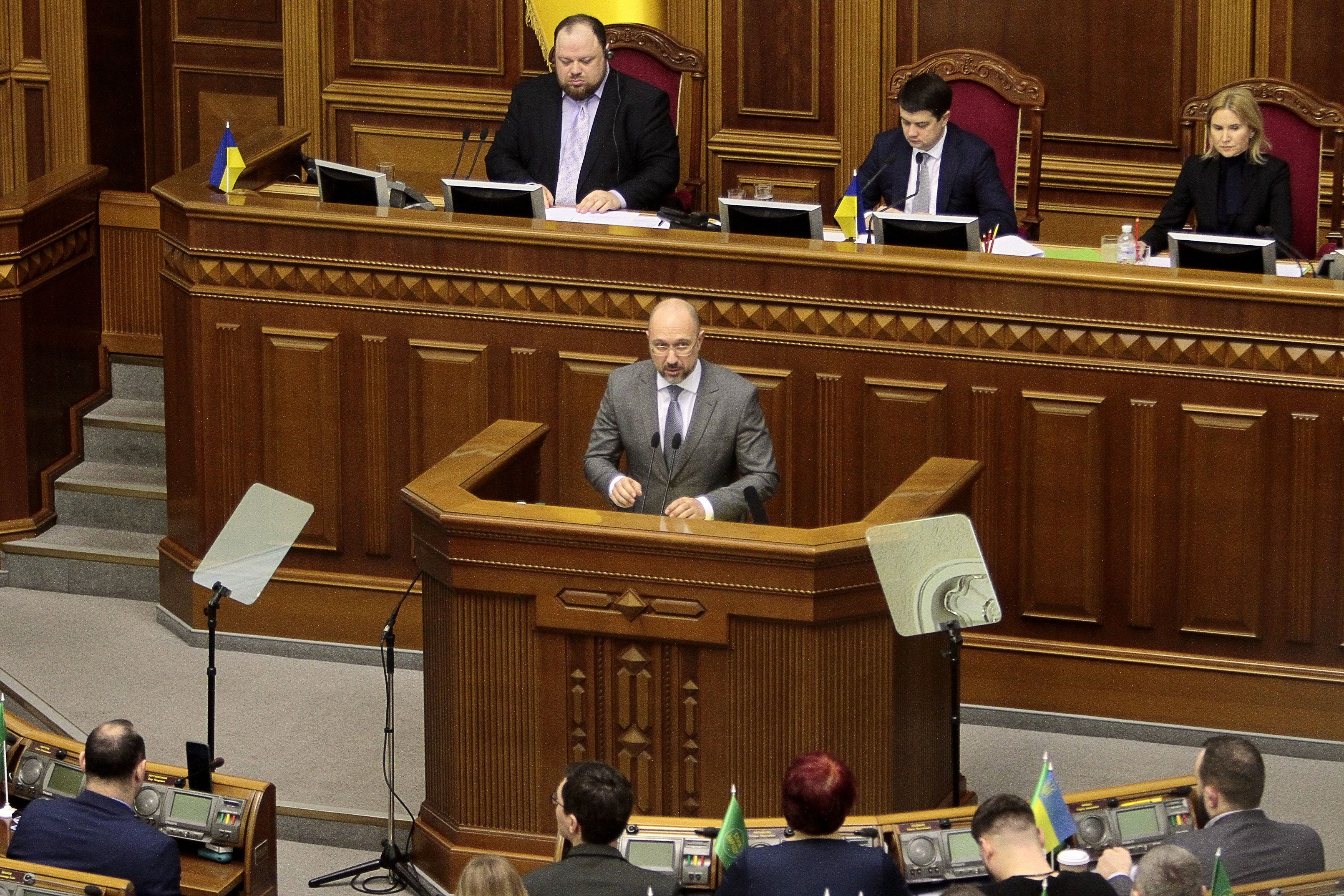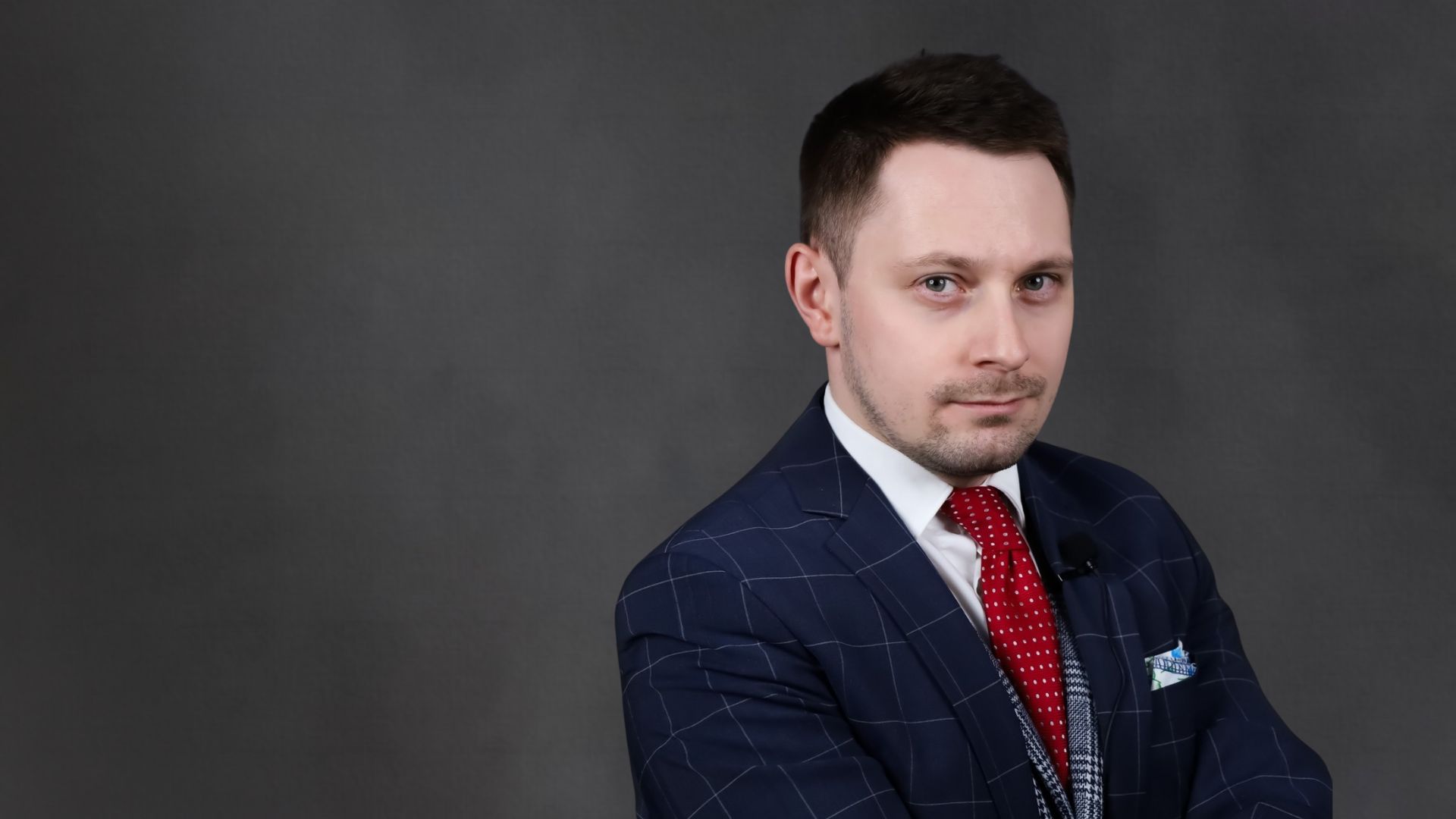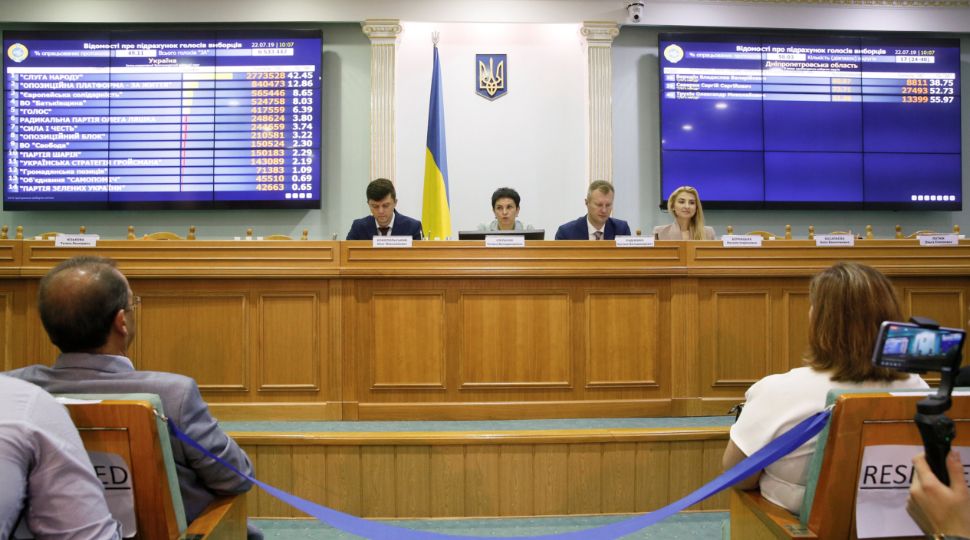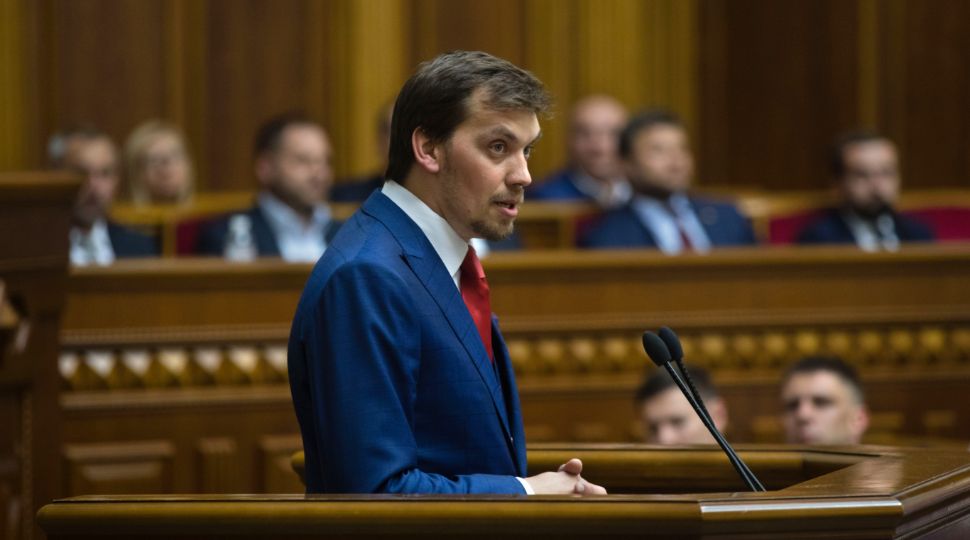The Government Reshuffle in Ukraine

What were the reasons for the government reshuffle?
The immediate cause was the recent rapid increase in disapproval of the Ukrainian president and government (despite the parliamentary-presidential system, the government is de facto accountable to Zelensky as the leader of the power camp). In a mid-February survey, 25% of respondents assessed the situation in the country as going in the right direction while more than 50% stated it was going in the wrong direction (compared to 44% and 36%, respectively, in December). This overlapped with Zelensky’s steadily growing dissatisfaction with the results of government policy as well as with Honcharuk, whose resignation had already been determined in advance given a recent eavesdropping scandal (in recordings, he spoke unfavourably about the president). By initiating the reshuffle, which formally required the PM’s resignation, Zelensky hopes to distance himself from the current situation in the country and put the responsibility on the government.
What are the changes in the government?
The reshuffle included the new PM and two-thirds of ministers replaced. The changes have affected mainly those ministries responsible for socio-economic issues (i.a., finance, social policy, healthcare), as well as the Ministry of Foreign Affairs and the Ministry of Defence. Several ministries (e.g., energy, economy) remain vacant, probably due to Zelensky’s rush to change the ministers. New members of the government are mostly people with much experience and links to the largest politico-business groups, which points to the current ruling camp, departing from the existing practice of appointing to key state positions people previously not involved in national politics. Although experienced ministers, in Zelensky’s view, are supposed to increase the effectiveness of government policies, by reaching out to the old elite, it has proved the reform wing of the ruling camp is in a weakened position.
Who is the new PM?
The new head of government is Shmyhal, a 44-year-old economist and businessman from Lviv who has several years of experience in state administration at the regional level. In 2017–2019, he held managerial positions in DTEK, a holding company owned by the richest Ukrainian oligarch, Rinat Akhmetov. During Zelensky’s short time as president, Shmyhal has made a quick rise as an official and politician, becoming the head of the Ivano-Frankivsk Regional State Administration in just August last year, and then deputy PM and minister responsible for regional development, in February this year. The new PM has no significant political background and, like Honcharuk, will remain dependent on President Zelensky. Still, it is difficult to determine whether and how much influence Akhmetov will have on the new head of government.
Who is the new foreign minister?
The hew head of diplomacy is Dmytro Kuleba, the former deputy PM for European and Euro-Atlantic integration, who is considered one of the most talented Ukrainian diplomats of the younger generation. In 2016–2019, Kuleba served as the permanent representative of Ukraine to the Council of Europe. His role in conducting foreign policy, though, will be limited mainly to managing the current affairs of the ministry, while key decisions, especially with regard to talks with Russia and relations with the U.S., will continue to be taken by the head of the President’s Office, Andriy Yermak, to whom Kuleba will de facto be subordinated. The new deputy PM for European and Euro-Atlantic integration will be the former foreign minister Vadym Prystayko, who lost his position due to the conflict with Yermak.
Will the new government make a shift in foreign policy?
The current direction of Ukrainian foreign policy will be maintained. The priority will be given to efforts to settle the situation in Donbas and reintegrate the territories now outside the government’s control through intensified bilateral talks with Russia, among other ways. Efforts to further integrate Ukraine into the EU and NATO will continue in parallel (public support for membership in both organisations is at a record high, so a change in the pro-European course would pose a risk of a spike in distrust in the authorities, and even social unrest). More emphasis will probably be put on the development of the economic dimension of foreign policy and cooperation with the Ukrainian diaspora, as well as on the intensification of public diplomacy activities, in which the new foreign minister specialises.





